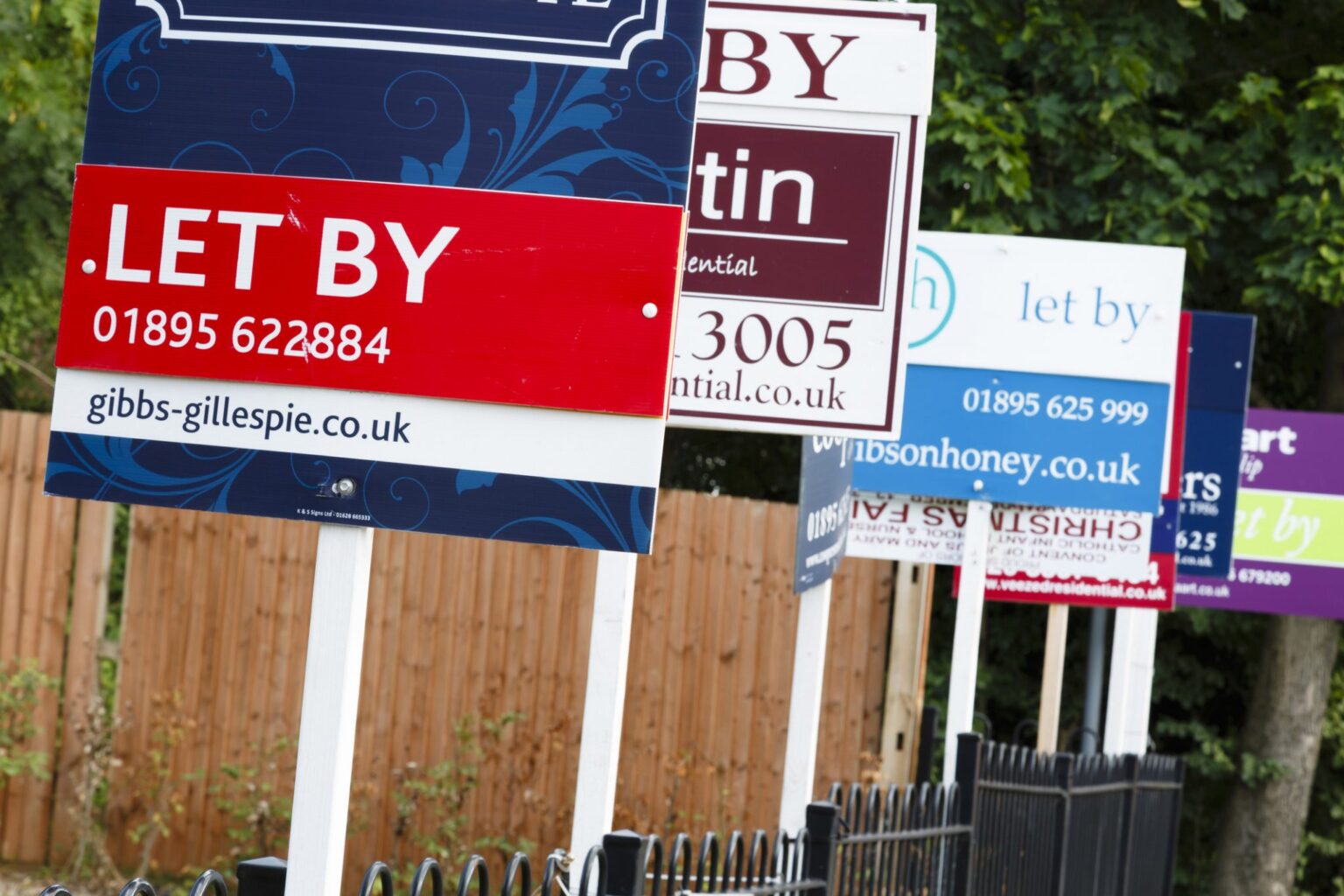Renewed optimism in the UK housing market has been marked by a jump in buyers, sellers and house prices, and things are changing in the lettings market.
The latest survey released by the Royal Institute for Chartered Surveyors (RICS) has revealed a major boost for the housing market across the UK, and the future looks bright for the coming months.
The number of buyer enquiries spiked in January, as people restarted their property hunts in the wake of the landslide general election victory and resulting progress made over Brexit. While new buyer enquiries rose to a net balance of +23% from +19% the previous month, sales agreed also increased to a net balance of +21%.
Further positivity was seen through a rise in properties listed for sale, with +19% of respondents in the survey reporting growth, compared to +11% in December. The index also showed a surge in house price rises of +17% in January, the highest reading since May 2017.
Simon Rubinsohn, RICS chief economist, said: “The latest survey results point to a continued improvement in market sentiment over the month, building on a noticeable pick-up in the immediate aftermath of the general election.”
“At this point in time, contributors are optimistic regarding the outlook for activity over the next twelve months.”
Growing demand for buy-to-let
According to the index from RICS, tenant demand increased at a steady pace in the three months to January; a net balance of +24% of respondents recorded a rise in this field. The number of people renting across the UK has been on the rise in recent years, pushing homeownership levels onto the backburner, and the rental market is now more in demand than ever.
However, there was also a reported drop in landlord instructions during the same period, to a net balance of -13% according to the survey. This is expected to put pressure on rents, causing a rise over the next three months as more tenants enter the market and struggle to find available property. RICS forecasts this will push rents up by just over 2% over the next 12 months.
Opportunities for landlords
There have been recent reports of landlords thinking of leaving the market, with one respondent to the survey stating that landlords were concerned about the impact of potential changes to Section 21 (no-fault eviction) legislation.
However, new data released by Precise Mortgages shows that one in seven landlords intends to add to their property portfolio in the coming year, but with more of a focus on “hotspots”. The north of England, and particularly the north-west, are the areas where the highest number of landlords are planning on focusing their future investments, according to the report.
There’s also an indication that tenants are staying in their rental properties for longer now, which could partly explain why less stock is becoming available.
Especially as tenant demand continues to rise, the market is ripe for landlords who can expect to see more interest in their rental properties, as well as fewer void periods as tenants are looking for longer-term security.
More homes must be built
Housebuilding is a key issue in the UK’s ongoing housing crisis. However, it’s not just the residential market but also the buy-to-let sector that needs to see an increase in stock.
Adrian Moloney, sales director of OneSavings Bank, said: “Whilst there are some positive signs that confidence is returning to the market, helped by historically low rates and healthy competition in the five-year fixed buy-to-let mortgage arena, there is still plenty of work to be done on all fronts to bring the housing market back to full health.
“With the upcoming budget in March, buyers and sellers will be looking for tangible commitments from the government to address the dwindling levels of housing stock.”
“Housebuilding must be central to the government’s plans in order to cure the systemic supply/demand issue and enable more people to get onto, and move up and down the property ladder.”










